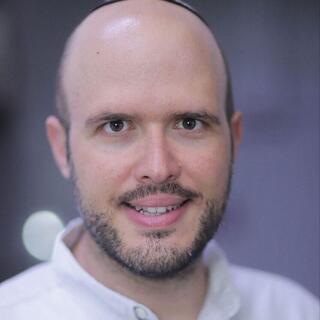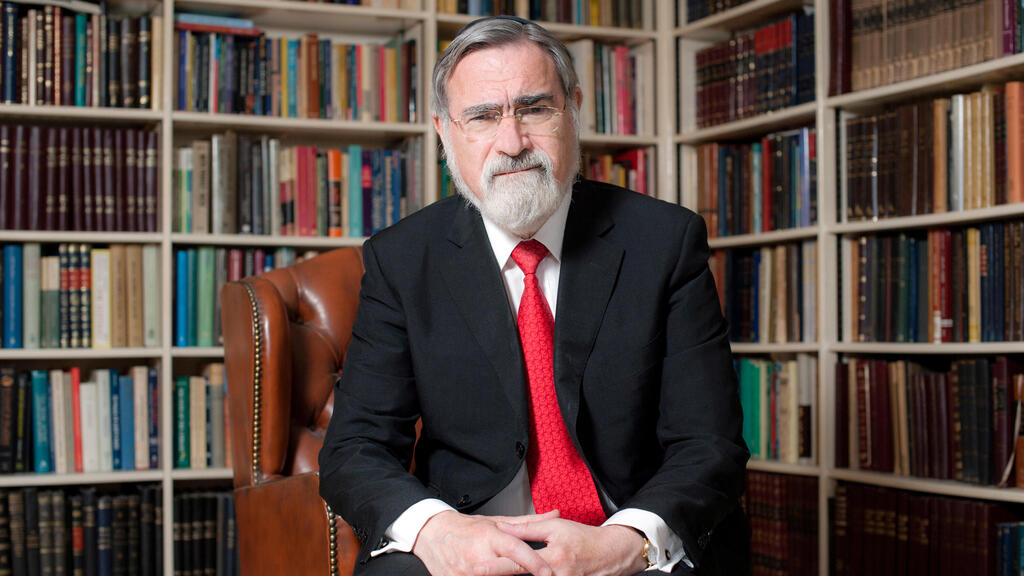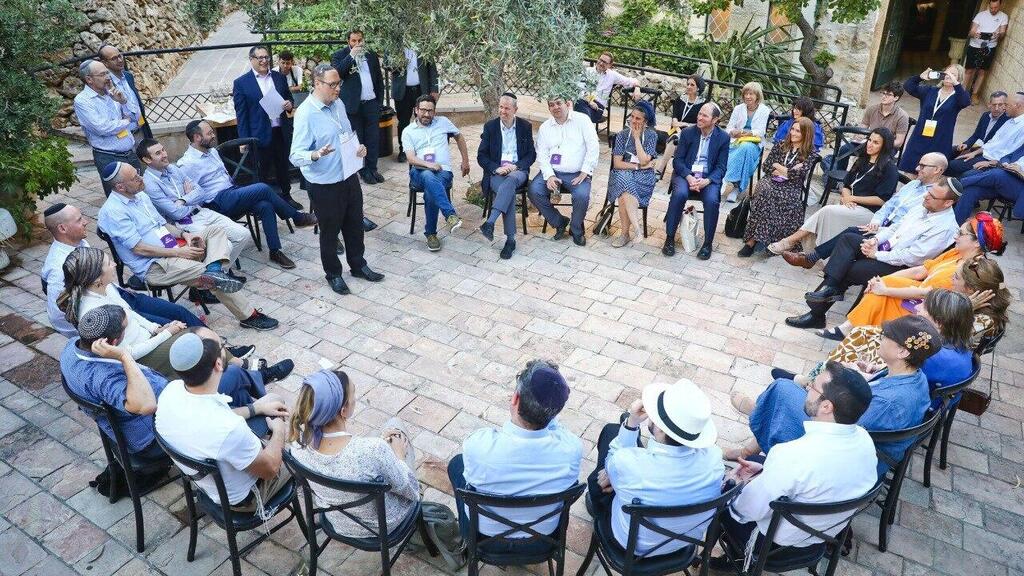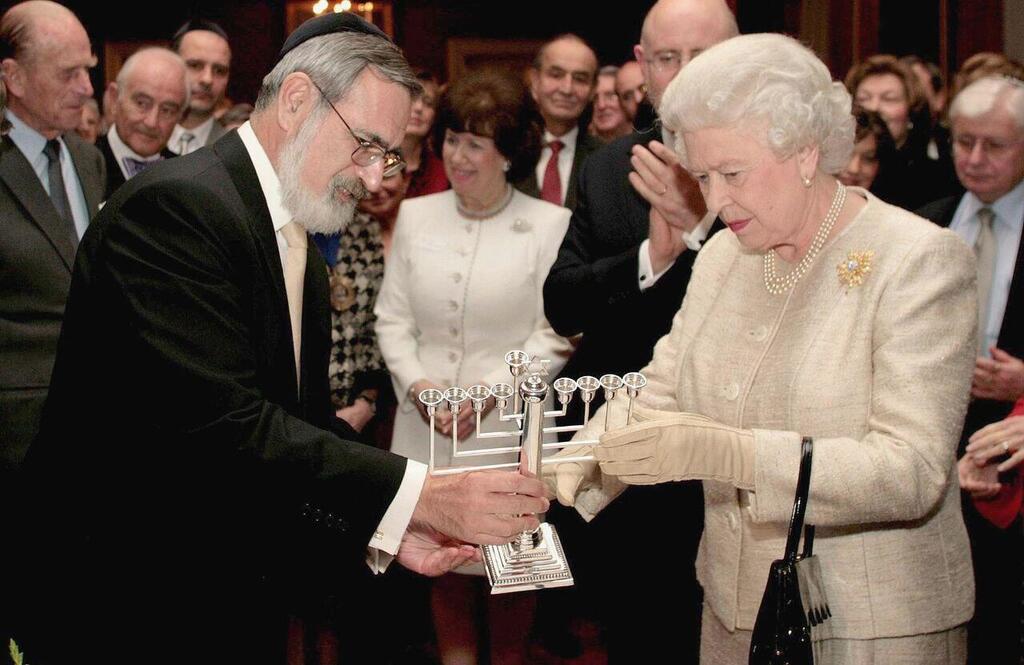Getting your Trinity Audio player ready...
It was the first time they met face to face since their admired rabbi, Lord Prof. Jonathan Henry Sacks, who also was the United Kingdom's chief rabbi for two decades, passed away.
More stories:
Twenty-six educators, scholars and theologians from around the world gathered in Jerusalem for a special seminar that would unite them under the banner of the Sacks Scholars to help disseminate his wisdom among humanity and in the State of Israel in particular.
This cohort seeks to spread the teachings, wisdom and legacy of one of the greatest scholars in Judaism who lived among us until two years ago and was taken abruptly. For four days, until last Sunday, they devoted themselves and examined ways to realize Rabbi Sacks' immortal call for the Jewish religion to be involved and spiritually help with the pain and challenges of the world.
Rabbi Sacks was known as one of the most important and famous Jewish scholars of the 20th and early 21st centuries, and he gained international recognition. He lectured and wrote about the Jewish faith in the modern world and was a prominent activist for interfaith dialog with rabbis and spiritual leaders of different religions.
With the understanding that the generation now needs his words, the Rabbi Sacks Heritage Foundation is launching, together with his family, the Sacks Scholars project, in which about thirty of its distinguished students, including leaders, educators, rabbis, and community leaders, will be ambassadors of his heritage, who will continue to spread his remarks and teachings.
“What he was able to do was to connect the universal world – even the secular and the atheistic – with loyalty to Torah and Halakha, and to bring out messages and principles that stem from the Torah and speak to all of humanity and answer the dilemmas of a religious crisis, community, and even climate," says Dr. Tanya White a senior lecturer at Matan, a women's institute for Torah studies.
She believes that Rabbi Sacks' teachings speak to different people, world leaders, and educators who find it useful, even if they are not Jews. “King Charles and former British prime ministers like Tony Blair and John Major have often said that they are reading and applying his ideas,” White notes.
The special and intimate seminar was held for four days in Jerusalem, and In the end, the members dispersed to their homes in Israel and around the world. In addition, ten more monthly online seminars will be held, where Jewish leaders from around the world will meet and talk together about Jewish education, academia, and more.
They follow the philosophy of Rabbi Sacks, who argued that leadership becomes more influential and better when the issue it seeks is to be better and kinder people, and thus achieve the impact on the public. “What came up from our joint seminar here is that the great challenge we set is to let the State of Israel know more about Rabbi Sacks because the reality today requires different leadership and different thinking,” adds Rabbi Aviad Tabory who worked closely with Rabbi Sacks. He explains that to a large extent, Rabbi Sacks was ahead of his time when he spoke of identity and national crises and the answers to these crises, while they had not yet been dealt with in Israel.
So why did it take you two years to get started with the special Sacks Scholars group you set up?
“It took time to think about what’s next, and we all sat down at the seminar and thought a lot about what we should do next and how to clarify the direction and the messages we want to convey from the rabbi’s words. Even now, we know that we will need a common thought and advice, how to take his ideas and thoughts and apply it further," Rabbi Tabory explains, as Dr. White adds that “a legacy cannot be built in a year, it takes time.”





